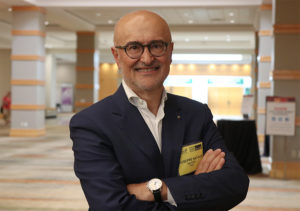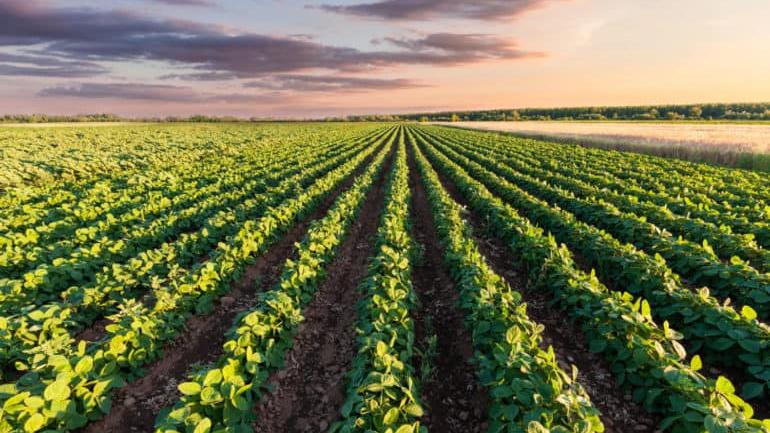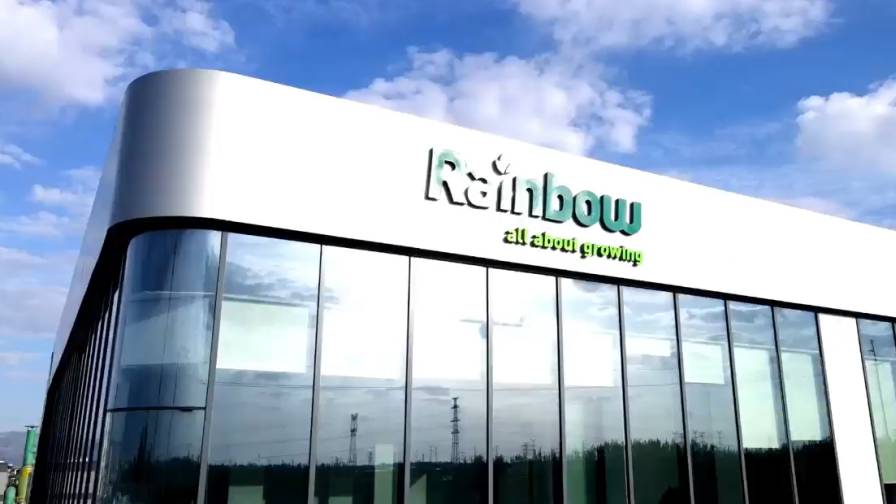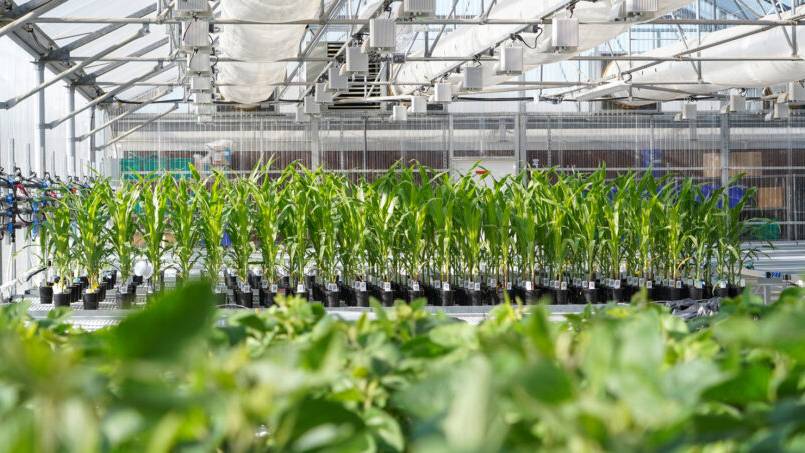Top 5 Takeaways from Trade Summit – Day 1
The AgriBusiness Global Trade Summit 2018, the Western Hemisphere’s largest crop input event, commenced on July 31 welcoming 700-plus attendees at the JW Marriott Desert Ridge Resort in Phoenix, Arizona. Breaking the ice was Giuseppe Natale, Chief Executive Officer of Valagro SpA, with his well-timed keynote talk, “Creating the Modern Portfolio & Integrating Emerging Technologies.”
“I think all of us need to be proud of what the fertilizer and crop protection industries did for feeding the planet — they were able to double productivity from 1960 until now. But if we want to increase productivity, we need to change the approach, and to include what was at that time the ‘nice to have’ product (biologicals and biostimulants),” Natale appealed to the audience.
“If we move our focus to what the plant and soil needs,” he added, “then automatically all the rest of the product becomes equally important. Remember that in one spoon of soil, there are almost 1 billion microorganisms. We were treating the soil as an inert, as if it was the desert – but it’s not the case. In this perspective, I consider biofertilizers, biostimulants, biocontrols, and micronutrients that were considered secondary will take more of a role in agriculture of the future.”
Here are the top takeaways from Natale’s presentation:
- Three main areas where plant biostimulants affect ag efficiency are: improve tolerance to abiotic stress, improve nutrient use efficiency, and improve crop quality. The total loss of food production in the agri-chain due to abiotic stress is $200 billion. Between 30% and 50% of the nutrients applied are not available for the plant. “If we can make it more efficient, there is a huge opportunity there.”
- Our sector is a slow mover on technology, however, innovation is the key to solving the big challenge of producing high-quality food in a sustainable manner. “With the opportunity we have today combining chemical and biological sciences together with big data and engineering, I think we are at the right time to see massive disruption.”
- Be aware of the economic situation of growers. For them, there is little wiggle room financially, and we cannot ignore it. We need to accept and understand their need to decrease the cost of their inputs.
- The next generation — millennials — will have a different system to buy inputs. “My recommendation is that before it is too late, we destroy the business model that we created, otherwise others will,” Natale said. “To me, this is exciting, because everything is possible. We are in the transition period, a time where massive things can happen.”
- Consumers will continue to drive change. When the consumer goes to supermarket, they have a clear idea of what they want — they want responsibility, and to know what and where and how everything is produced. “I strongly believe millennials will care about the nutrition factor of what they buy. They want not only energy and the cheap calorie, they want something different than they have today.”
Dr. Bob Fairclough, Director-Agriglobe, Kleffmann Group, will deliver his keynote presentation on the state of the crop protection industry on Wednesday. Thursday’s keynote features CS Liew, Managing Director, Pacific Agriscience Pte Ltd, who will present on Sourcing for the Future, How to Build Your Strategy. Fairclough’s and Liew’s presentations will be from 12 pm to 12:30, just prior to lunch.
Stay tuned for Day 2 coverage of the AgriBusiness Global Trade Summit 2018.







